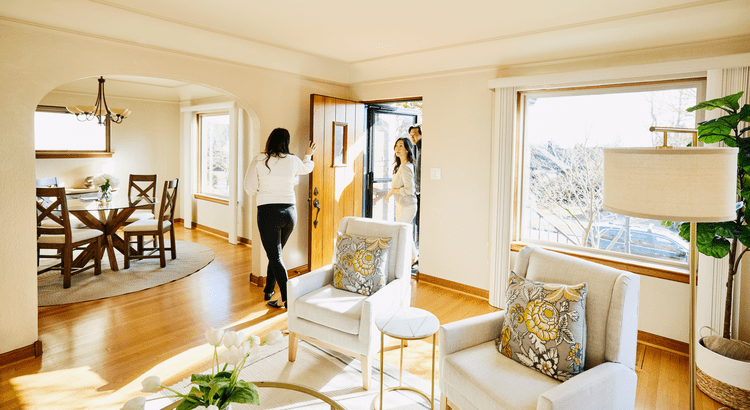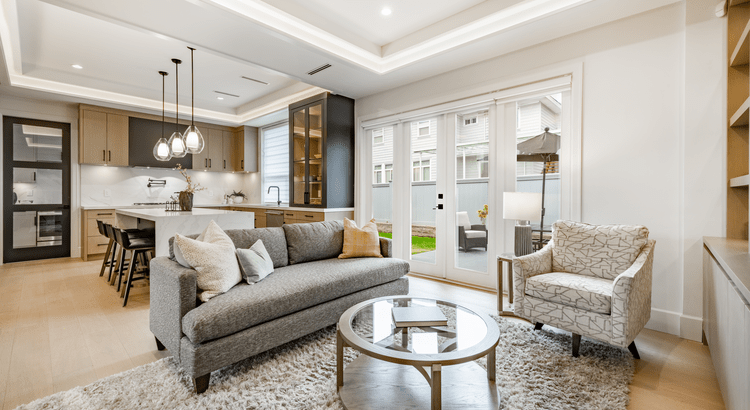
THE HOUSING MARKET IS GAINING MOMENTUM: WHY 2026 COULD BE A BREAKOUT YEAR
If you’ve been watching the real estate world over the past few years, you’ve probably noticed the same thing most buyers and sellers have felt: a slowdown. Between soaring mortgage rates, stubborn inflation, and market uncertainty, the housing market seemed stuck in place. But here’s the good new

Is $80 Really Worth Delaying Your Homeownership? The Truth Buyers Need to Hear in 2025
Buying a home has always felt like one of those big life moments—exciting, terrifying, and overwhelming all at once. But in today’s market? It feels even trickier. A lot of buyers are stuck in what I call “rate paralysis.” They’re watching mortgage rates hover in the low 6% range and thinking, “

The Ultimate VA Home Loan Guide: How Veterans Can Buy a Home with $0 Down
Why So Many Veterans Miss Out on This Game-Changing Benefit Did you know that nearly 7 out of 10 Veterans don’t realize they can buy a home without a down payment? Shocking, right? The truth is, the VA Home Loan Program—a benefit earned through service—remains one of the best-kept secrets in real e
Recent Posts









